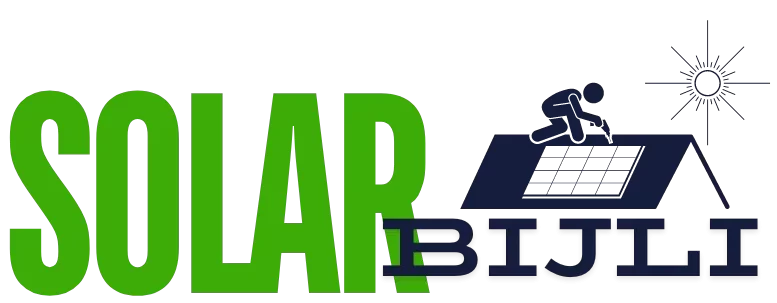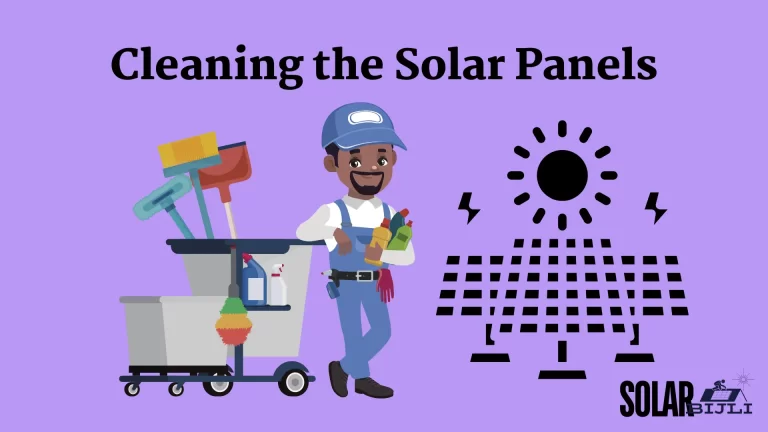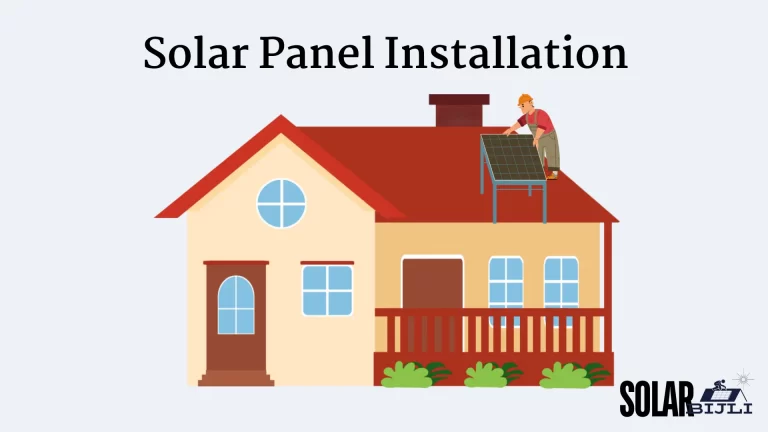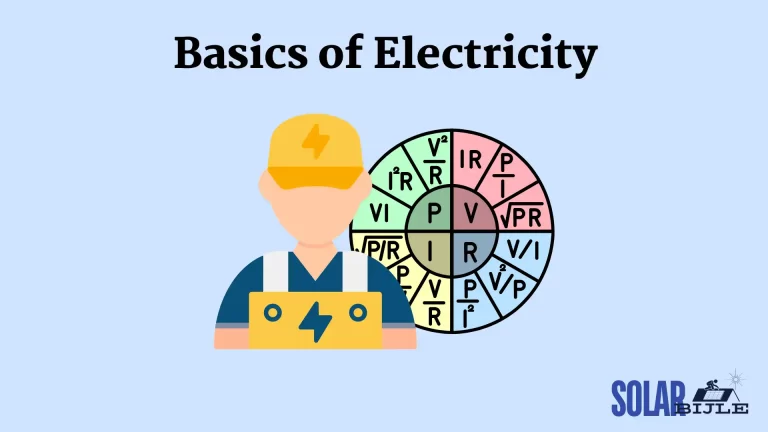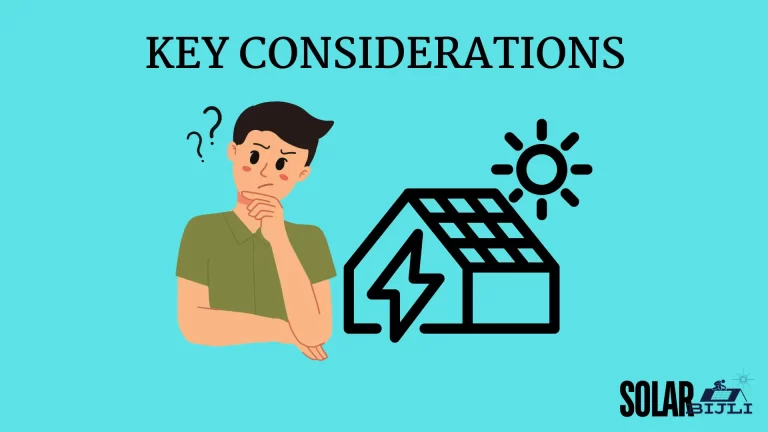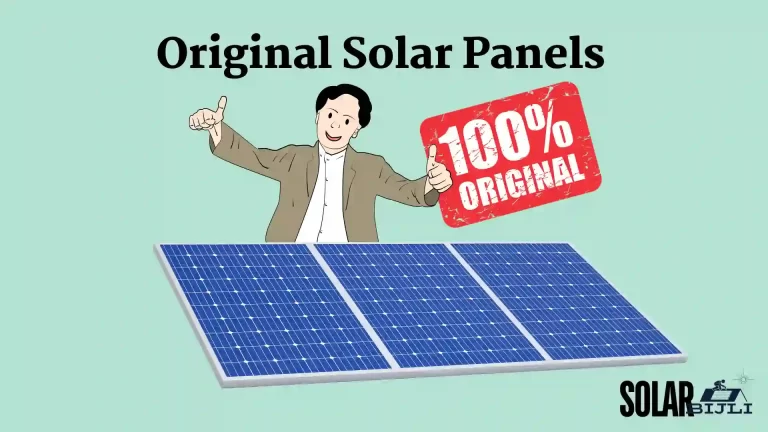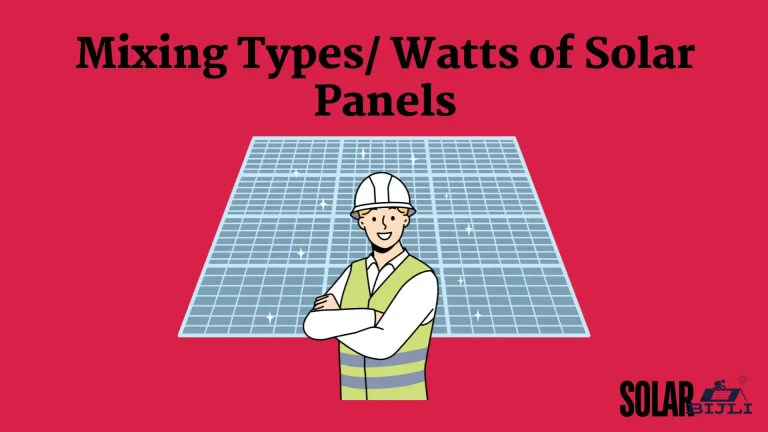The length and size of the cables have a great effect on efficiency and performance of a solar system. These cables are connected with solar panels to other system components such as charge controllers, batteries, and inverters. As per my knowledge and experience, the maximum cable length for a solar panel depends on factors, such as the power output of the solar panel, the current flowing through the cable, and the voltage drop allowed. I consider a cable length of upto 50 feet (15 meters) which keeps the voltage drop below 3%.
Types of Solar Wires and Cables
Common Wire Types
- PV Wire: These are designed specifically for solar systems. PV wires have thicker insulation to resist outdoor conditions like UV radiation and moisture. These wires are for ungrounded systems as per NEC standards(The National Electrical Code).
- USE-2 and RHW-2 Cables: These are recommended for outdoor and wet conditions. They are UV and moisture-resistant, ideal for connecting solar panels.
- THHN Wire: THHN wires used for indoor applications. These wires are not suitable for outdoor as it requires additional protection.
Recommended Size for Solar System
Usually I recommend wire size of 10 AWG (2.59mm) for DC (direct current) circuit wiring. Reference chart is down below:
| Amperage | Wire Size (mm) | Wire Size (American Wire Gauge) |
|---|---|---|
| 1-3A | 1.02 | 18 AWG |
| 3-6A | 1.29 | 16 AWG |
| 6-10A | 1.63 | 14 AWG |
| 10-15A | 2.05 | 12 AWG |
| 15-20A | 2.59 | 10 AWG |
| 20-30A | 3.26 | 8 AWG |
| 30-40A | 4.11 | 6 AWG |
| 40-50A | 5.19 | 4 AWG |
| 50-70A | 6.54 | 2 AWG |
| 70-100A | 8.25 | 1/0 AWG |
| 100-200A | 9.27 | 2/0 AWG |
| 200-300A | 10.4 | 3/0 AWG |
| 300-400A | 11.7 | 4/0 AWG |
Factors to Consider: Choosing the best wire for Solar System
Climate and Weather Conditions
High Temperatures: Pakistan experiences high temperatures, especially in the summer months. Choose wires with high-temperature ratings to withstand heat without degrading.
My recommendation for wires with insulation rated for high temperatures, like 90°C, are ideal.
UV Resistance: UV radiation degrade wires over time. Select wires with UV-resistant insulation to ensure they remain durable and functional despite prolonged sun exposure.
Humidity and Rain: Some regions in Pakistan experience high humidity and rainfall. I always suggest that the wire you choose is moisture-resistant to prevent corrosion and electrical faults. Wires with waterproof and weatherproof insulation are best.
Wire Gauge and Voltage Rating
Copper vs. Aluminium: We suggest copper wires as they provide higher conductivity and durability.
Aluminium wires are cheaper but they have lower conductivity and less durable.
Current Carrying Capacity: The wire gauge affects how much current it can safely carry. For most residential solar installations in Pakistan we recommend a 10 AWG (American Wire Gauge) or 12 AWG wire.
For larger systems or longer distances, thicker wires (8 AWG or 6 AWG) shall be used to minimize voltage drop.
Voltage Rating: Select a wire which has an appropriate voltage rating for solar system. In Most residential systems, wires rated up to 600V and higher voltage systems require wires rated up to 1000V or more.
Insulation and Sheathing
Material Quality: The most important factor for wire is insulation. The insulation material should be durable and suitable for Pakistani climate.
Choose wires with high-quality insulation like cross-linked polyethylene (XLPE) or ethylene-propylene-diene monomer (EPDM). These insulation provides excellent resistance to heat, UV rays, and moisture.
Flexibility and Durability: I always choose wires that are flexible and easy to work. Installation involves bending around corners or fitting into tight spaces.
The insulation should also be durable enough to resist cracks and physical damage.
Compliance with Local Standards
Regulatory Standards: Always ensure the wires meet the standards and regulations. In Pakistan, compliance with standards set by the Pakistan Standards and Quality Control Authority (PSQCA) to ensure safety and reliability.
Certification: Select wires that come with certifications from recognised manufacturers.
Check that their certification meet industry standards for performance and safety.
Cost and Availability
Budget Considerations: The most important factor to choose high quality wires with looking your budget with the need for durability and performance. Investing a little more for the first time can save on maintenance and replacement costs in the long run.
Local Availability: We prefer wires that are readily available in Pakistan to avoid delays in installation. Purchasing from local suppliers or distributors who can provide support and warranty services.
Choosing the best wire for solar system in Pakistan requires detail survey and consideration for local climate conditions.
Keep in mind factors like temperature tolerance, UV protection and insulation quality. This will ensure that solar system operates efficiently and safely. Your solar investment will be effective and durable, providing consistent performance for years to come with right wire.
